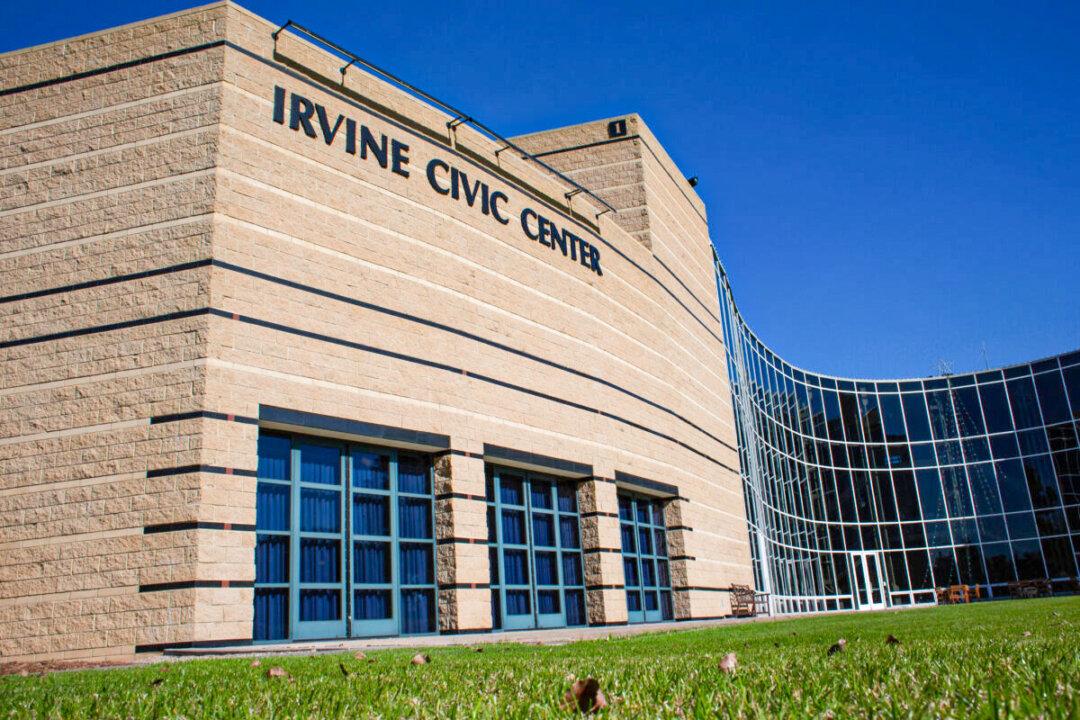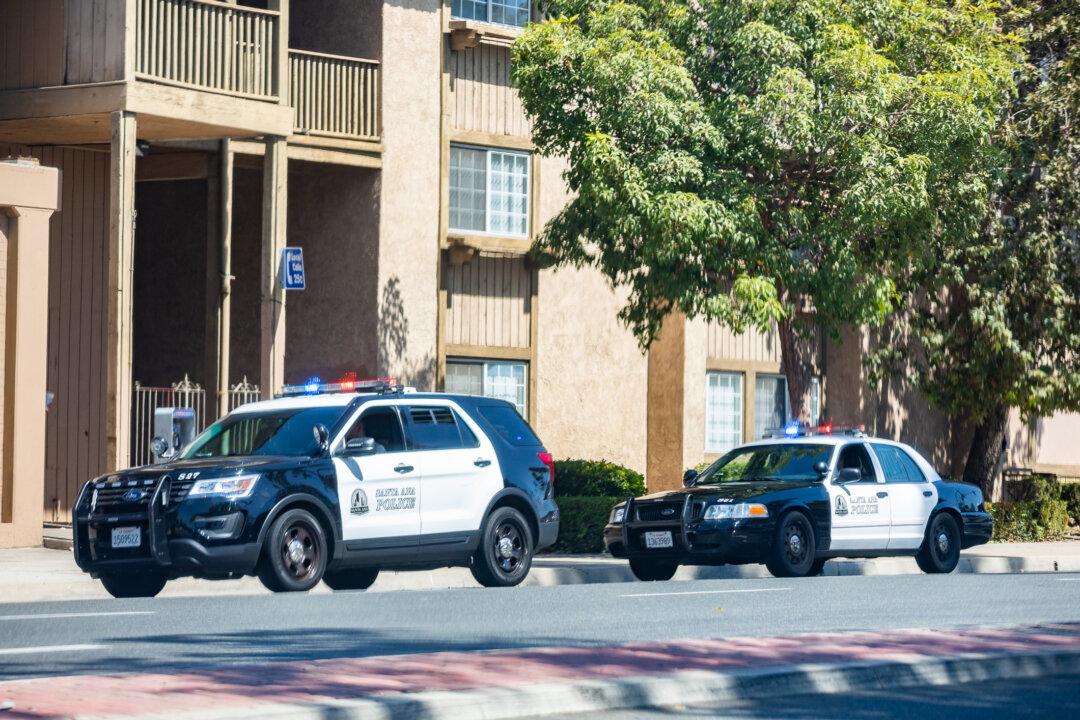IRVINE, Calif.—An Irvine City Council discussion on what percentage of renewable energy should be used at the launch of the city’s new energy enterprise turned into a debate when councilors argued whether the utility provided enough public information.
This year, the city founded the Orange County Power Authority (OCPA), a type of Community Choice Energy (CCE) program that allows a city to buy and sell energy with the intent of purchasing more renewable energy and saving money in the process. However, critics of CCEs say these goals are not guaranteed and could be more costly than traditional energy providers.





